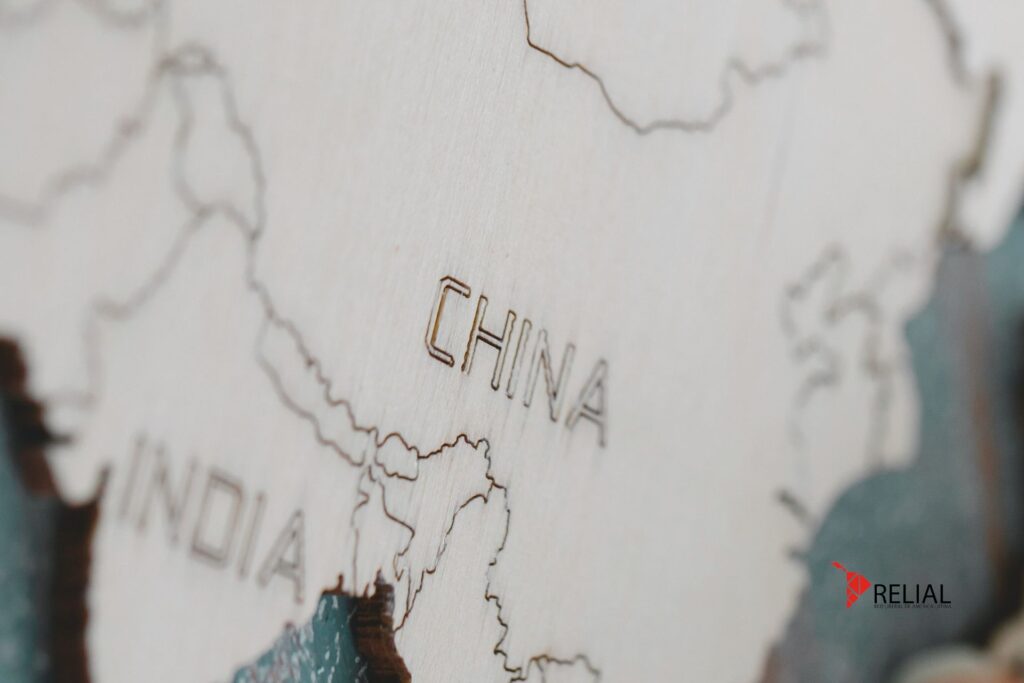
The first research seminar organized by Relial is taking place from May to November of this year. The subject: China’s Influence in Latin America. An update on its development will be presented at the RELIAL Congress in Guatemala.
China’s influence in Latin America should be a matter of concern in terms of economic, political and institutional development. Dependence on the Chinese Communist Party’s administration has become a ticking time bomb, and its costs, although not yet visible, are already high. The situation is preceded by decades of loans, millions of dollars in infrastructure investments, and even loosely supervised trade agreements that could jeopardize the diplomatic climate in the region. A latent concern is that along with all these years of “close” relations between China and Latin America, China has also stepped up the export of its authoritarian model, which has no respect for human rights, democratic consensus, or political or individual freedoms.
It is against this backdrop that the Liberal Network for Latin America seeks to take action. That led to the launch of the Permanent Seminar entitled “China’s Influence in Latin America,” a study group that was formed to produce specialized research on this topic. The Seminar’s program features working sessions and research progress meetings, including updated bibliography and a program of conferences with experts, which so far has featured participation by Anna Marti, Head of the FNF Global Innovation Hub in Taipei, on the topic of “China’s advancing influence in the world, a global perspective“; Yun-Fen Lai, Program officer for digital transformation in FNF Taiwan, on the topic of “Disinformation and digital warfare, China’s advantages over the world?“; and Sam Kaplan, author of “Challenging China: Smart Strategies for Dealing with China in the Xi Jinping Era” (2021), on the topic of “Countering an expansionist, authoritarian, complicated China.“
Participants in the Seminar include Marcos Falcone (Argentina), Alonso Illueca (Panama), Pedro Isern (Uruguay), Federico Rabino (Paraguay), Pedro Uruchurtu (Venezuela), Santiago Carranco Paredes (Ecuador). They are all researchers in a variety of disciplines and each of them was chosen through a selection process following an open call for candidates based on competencies and academic experience. Their ongoing research lines include changes in cooperation schemes and bilateral relations, propaganda and soft power, economics and geopolitics, and other related discussions that will be featured in a first publication to be released in early 2024.

